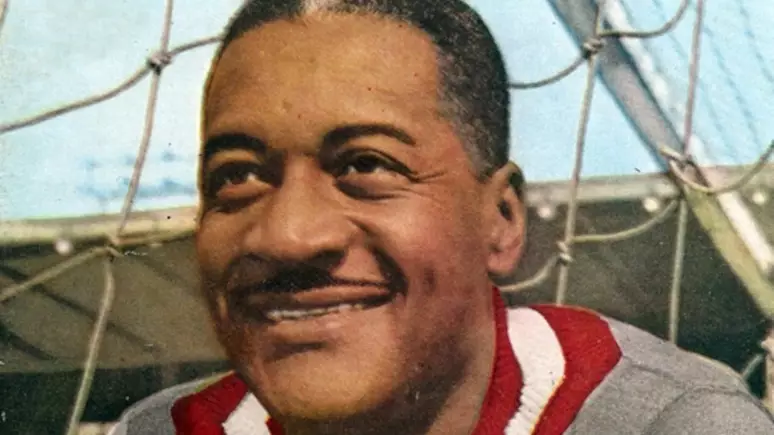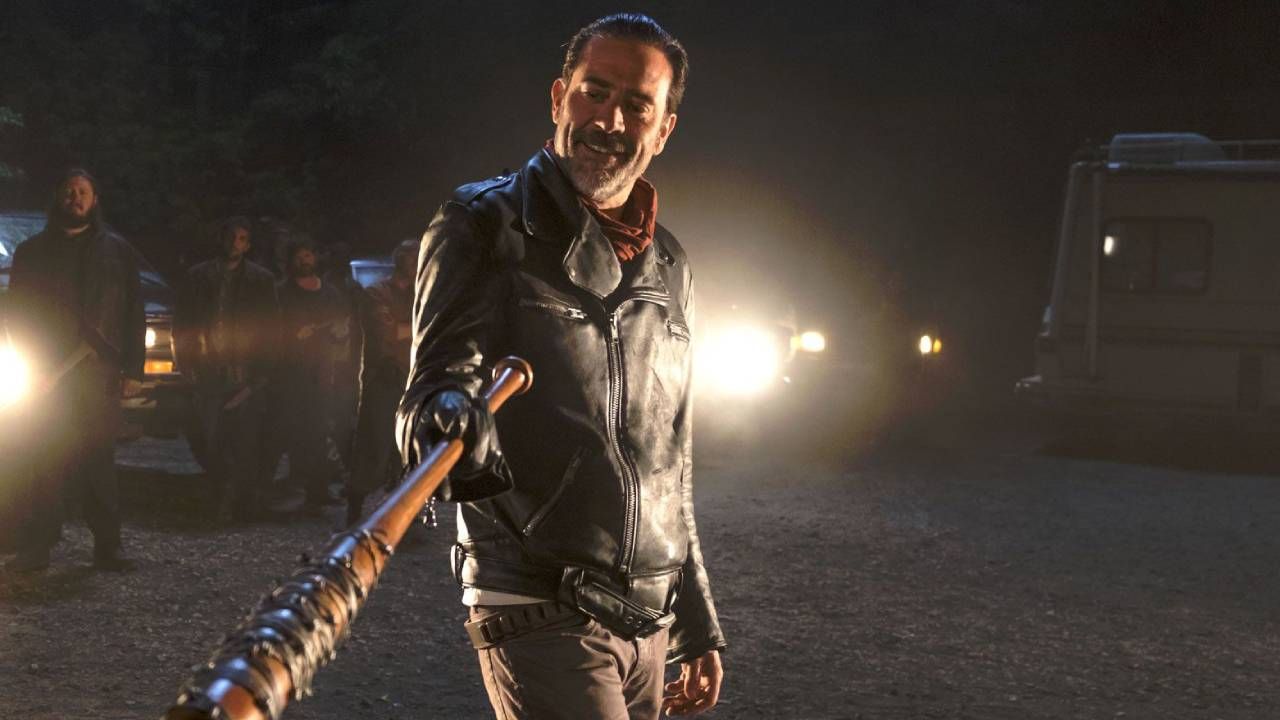Even the brilliant Nelson Rodrigues defended the eternal number 1 of Brazil and Vasco, tormented until the end of his life
Moacyr Barbosa. This is a footballer who cannot be forgotten. You really can’t. Better known simply as Barbosa, he had a bad reputation in the Brazilian team, accused of having missed the second goal of the Uruguayan team, the one that gave Celeste Olímpica their second world championship, in the middle of the Jornalista Mario Filho Stadium, Maracanã, in the World Cup of 1950. The burden of the Maracanazo fell on him. An injustice. Structural racism, indeed. The entire defensive sector has made mistakes, as demonstrated by some books by excellent authors such as ‘Maracanazo: A História do Maior Drama do Futebol Brasileiro’, by André Ribeiro, and ‘Anatomy of a defeat: 16 July 1950 – Brazil x Uruguay’, by Paulo Perdigao.
Director Jorge Furtado also tried to improve the reputation of the outstanding goalkeeper. Furtado was the director of the award-winning short film ‘Barbosa’, from 1988, a beautiful science fiction film in which the character of the excellent actor Antônio Fagundes, a football fanatic scientist who was there on the day of the Maracanã tragedy match, comes back in time to save the goalkeeper from the historic lynching. ‘Barbosa’ intersperses the dramatization with the painful testimonies of the former player.
“Then, after Uruguay’s second goal, that of Ghiggia, if there was a crater there, I would stay there. It would really disappear. Maracanã collapsed on me. The audience fell silent. After that match I couldn’t sleep. I spent the whole night with this in my head,” Barbosa said in the 13-minute film.
Barbosa explained what the fans did to him after the 2-1 defeat against Uruguay in the last match of the 1950 World Cup. “I was accused of everything. They really blamed me for the defeat,” lamented the late Barbosa.
Barbosa would be 102 years old and many fans right now give him the importance he deserves. The Vasco Training Center, the club that the player literally defended, bears the name and surname of the number 1.
On April 7, 2000, the offended goalkeeper died at the age of 79, in Praia Grande, São Paulo state.
To demonstrate Barbosa’s importance for Brazilian football, theater writer and chronicler Nelson Rodrigues wrote extremely positively about the eternal player of the national team and Vasco: “Barbosa was great. Only the wooden leg can be forgotten. Not a Barbosa”
Nelson was another who tried to take the blame away from the goalkeeper. I repeat: he was not the only one responsible for the sad Maracanazo, the second saddest event in the history of the Brazilian team. The first? 7-1 against Germany on 8 July 2014.
The brilliant journalist Nelson Rodrigues saw the absurdity of the former player’s crucifixion. Barbosa was the victim of a country that still experiences silent racial segregation.
Source: Terra
Rose James is a Gossipify movie and series reviewer known for her in-depth analysis and unique perspective on the latest releases. With a background in film studies, she provides engaging and informative reviews, and keeps readers up to date with industry trends and emerging talents.







